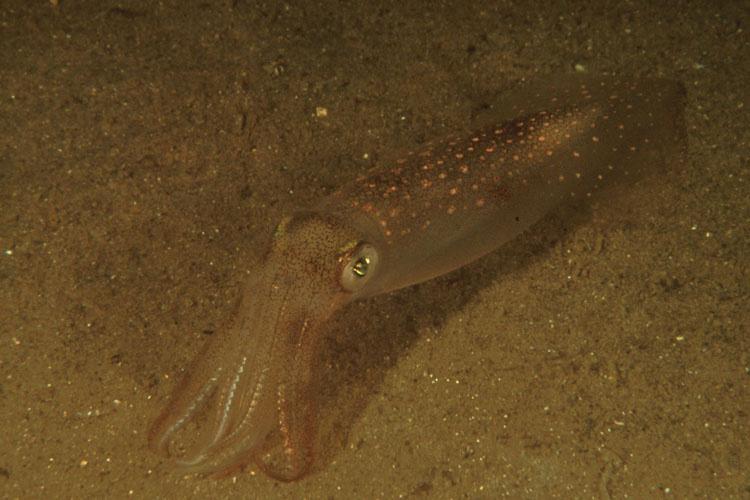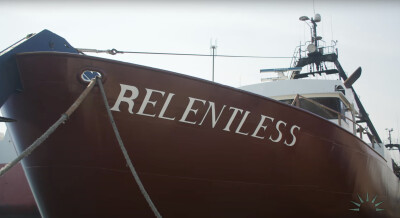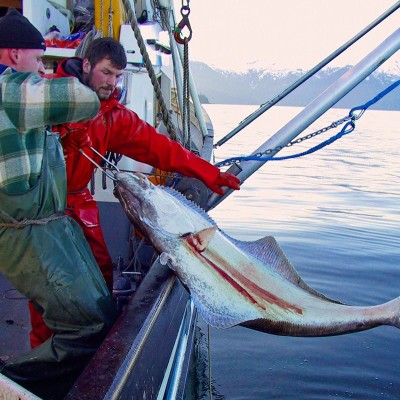Atlantic thread herring, squid, surf clams and ocean quahogs are the focus for $126,000 in funding approved by the Science Center for Marine Fisheries’ industry advisory board for 2022 research projects.
SCEMFIS is part of the National Science Foundation’s Industry-University Cooperative Research Centers program. By connecting and marine scientists with members of the fishing industry, the center identifies scientific priorities for better understanding commercially important fish species, and directs industry funding to projects that study them.
“Since its founding, SCEMFIS has promoted research that has increased our understanding of these species, and improved their management,” according to the center’s announcement of its 2022 plan.
Topping the list with $69,336 in funding is a study using biostatistical and fishery-dependent sampling of Atlantic thread herring and Atlantic chub mackerel in the mid-Atlantic region, where a fishery for thread herring is developing in the Mid-Atlantic region as a result of climate change and the subsequent shifting of fish stocks.
Fisheries managers now need better biological data on the species in order to manage it sustainably, and the project led by professor Robert Leaf at the University of Southern Mississippi) will conduct a sampling survey to collect data on the fish being harvested, including factors such as age, length, and weight.
A study of ocean quahog population dynamics will get $41,210 in funding to bring it to completion. SCEMFIS researchers have worked extensively to expand the understanding of ocean quahogs, especially with charting age frequencies for quahogs in the Northwest Atlantic, as well as measuring the uncertainty that comes with estimating the age-at-length of quahogs.
Led by professors Eric Powell of the University of Southern Mississippi and Roger Mann at the Virginia Institute of Marine Science, the group will finish the ongoing work and publishing current its findings on quahog age frequencies.
Surf clams are another fishery showing the effects of climate change, and the industry recently resumed fishing off the coast of Virginia where warming bottom water temperatures killed much of the surf clam stock there since 2010. It’s thought recently increased survival may be due to recruitment of the southern surf clam to the stock.
With $10,795 in funding Professor Daphne Munroe of Rutgers University will conduct genetic testing on a sample of clams from the area, to better understand why clam numbers are returning and will help determine their relationship with the rest of the coastwide Atlantic surf clam stock.
Roger Mann of VIMS will evaluate use of CAT scan technology as a tool for estimating the age of squid – a recurring challenge for fisheries managers lacking demographic data on the population.
With $5,000 in funding the CAT scan study will measure the size of squid statoliths, hard structures in squid heads that grow over time, and attempt to age the squid based on these measurements.







